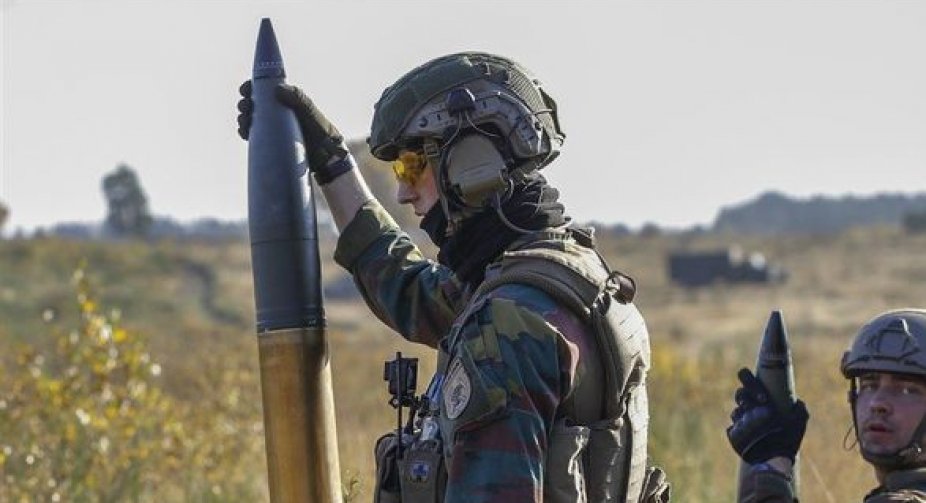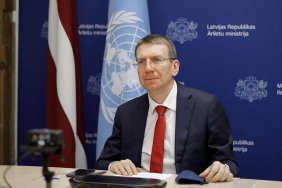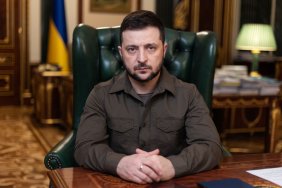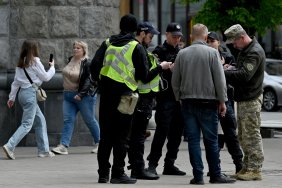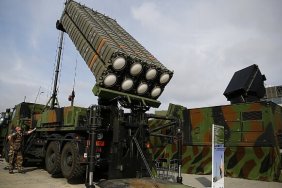The United States is looking to Japan for TNT for 155mm artillery shells, two people familiar with the matter said.
"The United States has a way to buy explosives from Japan," one person with knowledge of talks on the issue in Japan told Reuters on condition of anonymity.
The sources who spoke to Reuters declined to name the Japanese company that will supply the explosives to the US government and did not say how much TNT Washington wants to buy.
Reuters contacted 22 explosives manufacturers listed on the website of the Japan Explosives Manufacturers Association. The only one that claimed to produce industrial TNT was Chugoku Kayaku, a Hiroshima-based company that supplies the Japanese military.
"We have not received any direct requests from the US government or military," the company said in a statement.
Another source said Tokyo, which hosted US Defense Secretary Lloyd Austin this week, would allow the sale of industrial TNT because the explosive is not intended exclusively for military use.
The US wants to include a Japanese company in the TNT supply chain to supply explosives to US military factories, which will pack them into 155 mm cartridges.
South Korea, which also uses 155 mm ammunition, is one of the countries to which the US has sent a request for TNT, the source said. A representative of the Ministry of Defense of South Korea told Reuters that Seoul's position on providing lethal aid to Kyiv has not changed.
Trying to help
Japanese Prime Minister Fumio Kishida wants to help Ukraine because his government fears a Russian victory would prompt China to attack Taiwan and drag the country into a regional war. Last year, he warned that Ukraine could become the East Asia of tomorrow, and his government announced Japan's biggest military build-up since World War II.
This departure from the state pacifism that had dominated Japan's foreign policy for decades had not yet extended to lethal military aid, but was limited to such means as bulletproof vests, helmets and food rations.
Following Ukrainian President Volodymyr Zelenskyi's visit to Japan at the G7 summit in Hiroshima last month, Kishida agreed to donate jeeps and trucks.
Asked in Tokyo about the possibility of a change in Japan's aid policy, Austin told a press briefing that any changes would be Japan's business, but that "any support" for Ukraine was "always welcome."
